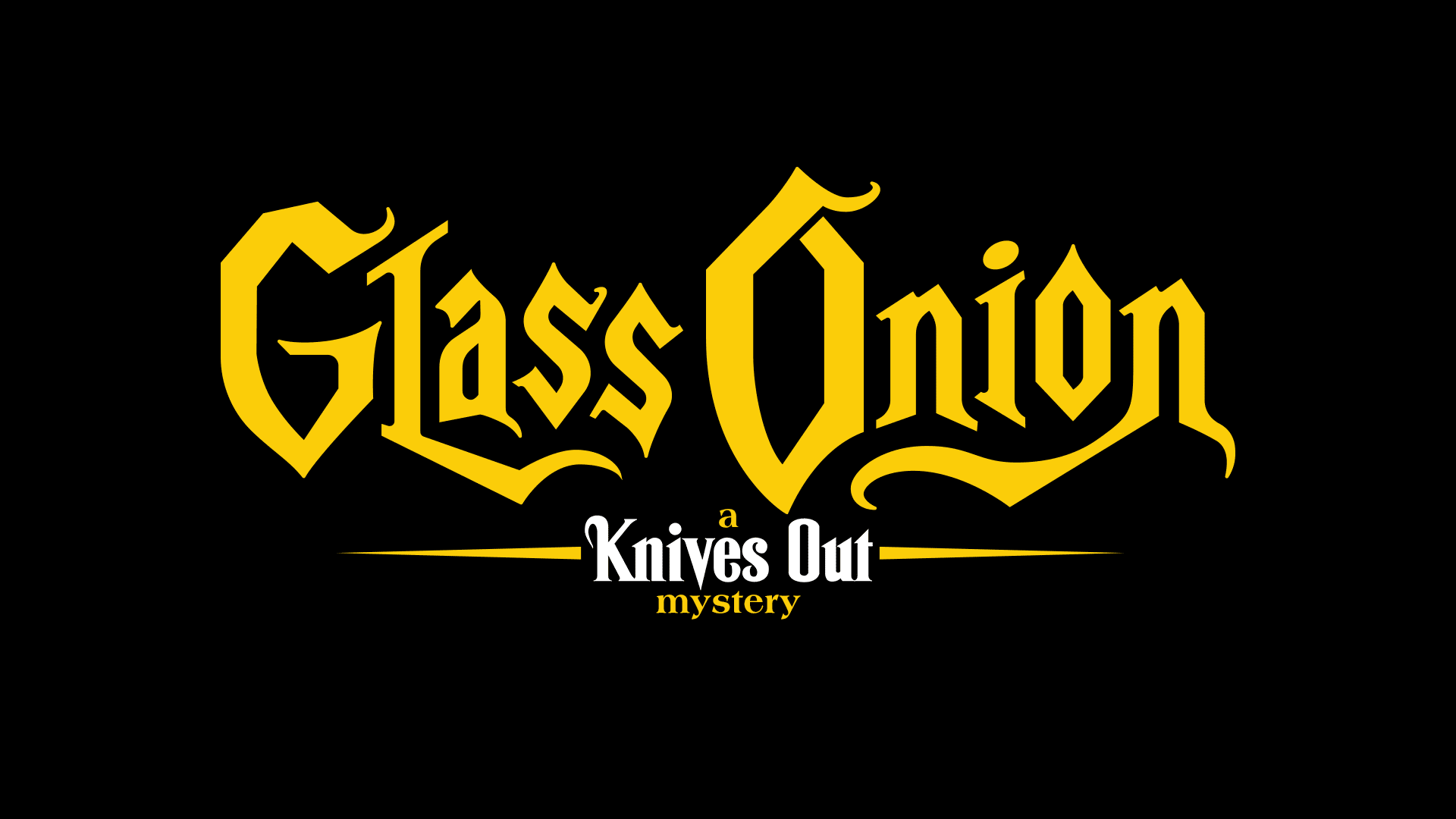In Glass Onion, the perennial set-up of the murder mystery fills our screens with its typically diverse and starkly-rendered cast of characters. Albeit in director Rian Johnson’s latest rendering, we have perhaps the first example of the genre’s engagement with western postmodernity’s ruling class.
Edward Norton’s Miles Bron character provides an avatar for the narcissistic amorality of a tech-elite, with their pompous claim to being the eternal rebels, disrupters, script-changers, table-turners, etc.
From that melting iceberg flow the waters of Narcissus, drowning the unsuspecting consumer with its affluents. To wit: corporate yes-men, effective high-priest enforcers of the cult of technological determinism (Lionel Toussaint); the performer as music industry pawn (Birdie Jay); ‘Right’-wing reactionary e-celebrity grifters (Duke Cody), and corrupt politicians lacquering plans for world destruction in ‘Left’-wing ethical resin (Claire Debella).
A serviceable anatomic sketch of today’s culture-cudgeling elite.
We turn to an important plot point (and my reading thereof): the victim of this whodunit is, in a way, responsible for her fate. Ambition and imprudence lead her to misidentify the hubris of a mediocre sociopath with promise, and the social network for which she serves as architect is the very circle of conspiracy that closes in around her.
Ambition, then, is fatal in Johnson’s post-Americana stories: here, as in the first Knives Out, just as detachment from the money-hungry motives of others is what saves his protagonists (in this case, Glass Onion’s heroine, Janelle Monáe’s character, Andi Brand, whose nonchalance in this regard differentiates her from the twin-sister she seeks to avenge).
Apart from the story’s cultural commentary and moral structure, it may be worth commenting on its politics (forcing us to spoil another essential element of the plot): Norton’s billionaire entrepreneur is planning to distribute a new, supposedly non-polluting, but highly unstable and dangerous, energy source, the lubricant for which are precisely the faux ‘environmentalist’ politics of Claire Debella. (For some real-world analogues concerning the dangers of ‘greening,’ see the commentary “Energy Transition as Class Warfare and National Subordination.”) We may suggest that commentators who interpreted Glass Onion as a politically biased, establishment-Left screed, then, were projecting.
On the contrary, Daniel Craig’s detective, Benoit Blanc’s foiling of the contemporary mythology of the ‘entrepreneur disruptor’ draws on the aura of tradition for its gravitas, incarnated in the guise of a southern drawl dressed like Cary Grant. Indeed, our protagonists, Monáe’s Andi and Craig’s Blanc, share a country accent and humble class origins. Together, the two represent a kind of salt-of-the-earth retro-aesthetic resistance to a looming billionaire tech-dystopia.
Finally, we have the film’s constantly-referenced image of a glass onion (a likewise hokey but more elegant version of the first Knives Out’s centre-of-the-doughnut metaphor). The elite, its stratagems and diversity of agents, held together by complicity in a lucrative crime, is not hidden, shadowy, difficult to decipher … To the contrary, its many layers are as transparent as the emperor’s new clothes, and the centre of that nefarious moral idiocy is plain to see, if we will only look.
In this context, Blanc facilitates Andi’s mission by serving as the agent of de-mystification, exploding attempted obfuscations, referring to would-be elaborate puzzles as children’s games, and refusing to concede any pretensions of ‘evil genius’ to what is a straightforward conman’s hustle on the part of Miles Bron, albeit played for big stakes. The logic here is that of William Blake, whose poetry repeatedly informs us that tyranny relies on mystery: refuse to pay deference to mystery, and tyranny loses its hold.





